Graham Reid | | 1 min read
E Taku Tau
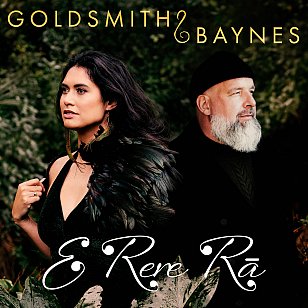
If we consider the past 40 years a renaissance of Maori culture in the popular arts – approximately from the time bone-carver Brian Flintoff and taonga puoro practitioners Richard Nunns and Hirini Melbourne came to the fore – we can see the evidence in painting, drama, theatre and mainstream popular music.
One genre seemed slower on the uptake: jazz.
Certainly there were standards sung in te reo Maori – the syllabic structure not always a comfortable fit in translation – and the occasional use of taonga puoro. But there was little consistency to it: the results were well-intentioned, sometimes convincing but were piecemeal for the most part.
However this debut album by singer-songwriter Allana Goldsmith and pianist-songwriter Mark Baynes sets a new threshold in persuasive songs and instrumentals which never sound forced, and the te reo – perhaps by being original and written for the music rather than trying to fit into it – is poetic, flowing and seductive.
With subtle use of taonga puoro (Riki Bennett) alongside respected bassists Tom Dennison, Alex Griffiths and Will Goodinson, horns from Kim Paterson, Mike Booth, Cam Allen and Jono Tan (all names familiar to jazz listeners), drummer Hikurangi Schaverien-Kaa and guitarist Michael Howell you have seriously good jazz which can be in a cool mood, smooth (Te Aranga o Matariki), New Orleans-influenced funk (the bi-lingual Tō Ihu which is a blunt and funny “get stuffed” song) or a touch of of post-bop, as well as the fluid vocals of Goldsmith who is fluent in te reo and utterly at home in the jazz idiom also.
So here are songs in celebration of Maori culture, love, an especially lovely fusion-lite tribute to Goldsmith and Baynes' daughters (and all young women on Nau Mai, e Hine) with an effortlessly liquid guitar part by Howell . . .
The musicianship here is exemplary (check Baynes' solo on Te Reo) and there is the slow unfurling of Dennison's bass, Goldsmith's gentle vocal and Baynes' piano on the gorgeous Hei Kawe I a Au.
And when taonga puoro is used it is an integral elements of the music, never a token inclusion for effect.
The song of mourning at the end, Pīata kau ana, is truly heartbreaking.
And the final lines of the haunting ballad Te Reo – a lament for the loss of the language but also filled with hope for the future – are “Hoki mai te reo ki taku arero, Hei kai mā te ngākau hihiko, Hoki mai, hoki mai/Bring back the language to my tongue, as food for the soul/ for my ebullient heart”.
With this album Goldsmith Baynes and the other musicians have effected a marriage of te reo, taonga puoro and jazz which doesn't feel forced and which more than satisfies all the many elements and talents brought to bear.
An important album which illuminates a path forward while reflecting on past and present.
.
You can hear and buy this album at bandcamp here

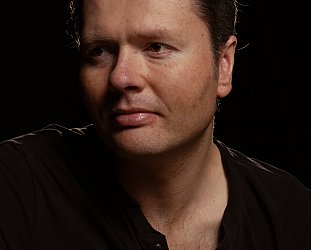
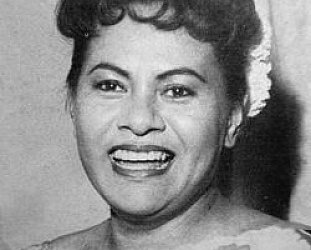

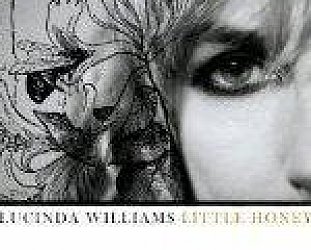
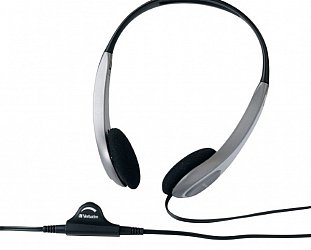
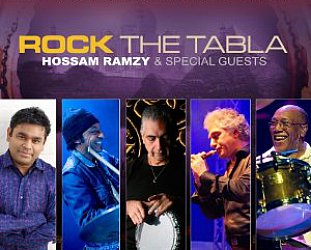
post a comment